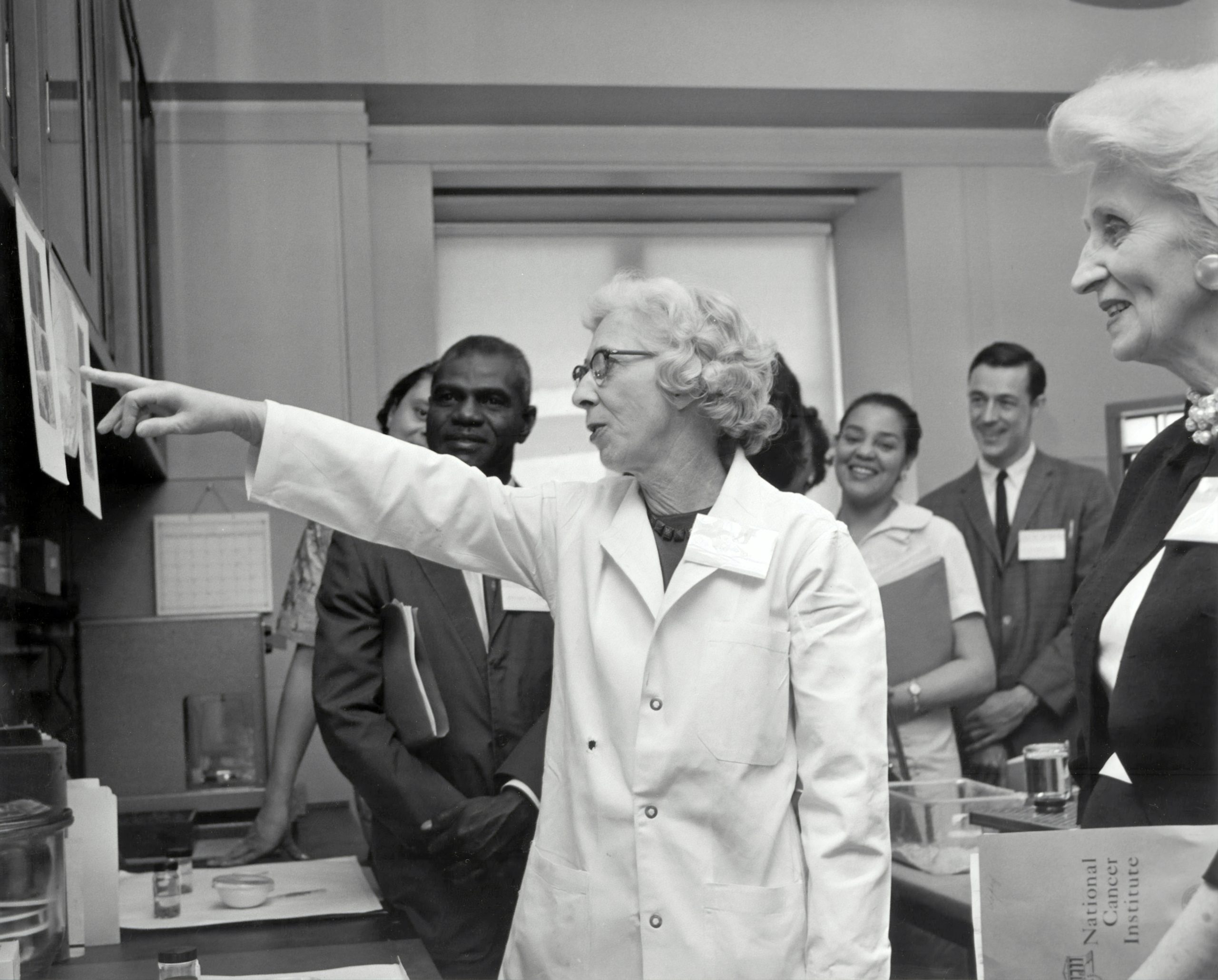Hi, I’m Konrad, a second-year physics student at St. Hugh’s College (on the left in the picture above). I am also the Treasurer of the Oxford University Polish Society (OxPolSoc) and I’m on the committee for a couple of the sports societies at my college.
Why did you decide to study your subject at Oxford?
Deciding what subject to study at university is a pretty important choice when you are at school, and it was one that I had some trouble with. When I was in Year 12, I was set on studying chemistry but, near the end of the year, I became more inclined towards physics.
This shift in subject choice was due to the interest sparked on a research project that all the A-level physicists at my school had to undertake to pass one of the practical research criteria. I was lucky enough to do mine alongside a physics professor from Portsmouth University’s Institute for Gravitation and Cosmology. Having regular conversations about how the universe works with someone who had spent most of their life discovering it was a fantastic experience.
I also read a few books which further fuelled my interest in physics, such as Stephen Hawking’s ‘A Brief History of Time’ or Kip Thorne’s ‘Black Holes and Time Warps’. I would highly recommend these to anyone who wants to learn a bit more physics without the need of going through loads of complicated maths.
My application to Oxford was a bit of an impulsive choice, but the Head of Physics at my school thought that I might have a good chance at passing the PAT1and getting an interview, so I applied and now I’m here. My decision to apply to Oxford came about after my Year 12 mock exams, when I got decent grades and thought, if I can keep them up, I might have a good chance at getting in.
What was your experience of the application process?
As a foreign applicant, I found the personal statement to be the toughest part of the process. I just didn’t know what to include in it. Having applied for physics, however, it wasn’t the most important part of the application and I wasn’t ever asked anything about it in my interviews. In the end, I just wrote about a project I had carried out on special relativity and spacetime, and a couple of relevant books I had read. My form tutor guided me on my overall structure and how to phrase some of my points, which was really helpful.
The PAT test was really difficult, but I suppose it’s meant to be! I still remember the last question about some optics set-up and would still struggle to solve it if I tried now, two years on. In my opinion, the best preparation you can do for the PAT test is to just practice as much as possible. Over the summer, I probably went through every single PAT paper ever written (my form tutor was fed up of my constant questions about different parts of the course that we hadn’t covered yet but were a part of the PAT) and I still couldn’t answer all of the questions when it came to the real thing.
The test is hard because there isn’t a set question format, like in the A-level exams when you know there are certain questions that come up every year. The only way to really get through it is to know the content well. There aren’t any trick questions, but some may seem somewhat odd when it comes to the marks allocated to them. I remember there was a really high-mark question that me and another friend who sat the paper both answered in three lines, so don’t be put off by this.
Say everything that you are thinking in the interview. Otherwise, the interviewers might think you don’t understand.
The interviews were definitely an experience. I had three: two at New College and one over in Magdalen College over the course of three days. I can’t say the two in New College went amazingly well. When asked to sketch ‘sin(2x)’ I drew a straight line, so that probably didn’t impress my interviewers too much, and, in the second interview, I only got to the second question. At that point I thought it was all over. I have never seen my interview scores or my PAT result but, if anything saved my case, it was probably my third interview. I answered most of the questions and, although they were a lot simpler than the ones asked on the days before, I can’t put into words how good answering them made me feel.
The advice that I was given going into the interviews was to “enjoy it”, which sounded absolutely crazy to me when I was sitting in the room frantically trying to think what equation went with what. But now that it is behind me I can see what they meant.
Having said that, some more advice would be to say everything that you are thinking in the interview. Otherwise, the interviewers might think you don’t understand or just simply don’t know, so it is always good to help them out. The interviewers will also guide you through a question if you are unsure of what to do. They also won’t try to trick you, so try not to argue with them as I did in my second interview. Just don’t do it.
What does a typical day during term look like?
On a typical weekday during term I will get up at 7:30 in the morning, head to breakfast and then to lectures which usually start at 9:00. Once every fortnight on Mondays and Tuesdays I have a lab session from 10:00-17:00. I’m honestly not the biggest fan of these, but as you progress through the course the fewer you have to do and the more freedom you have when choosing what to do them on.
If I don’t have labs I will go back to my college and get to work on a problem sheet. If you study physics, or any of the sciences, you virtually always have some work to do, even when you think you don’t. In first year, problem sheets took me a lot longer to complete than in second year. Now I set myself on completing a problem sheet in a single sitting, which isn’t the case most of the time as they do take around 20 hours each, depending on what the topic is. There’s nothing more annoying than answering a question by doing four pages of maths, only for your tutor to do it in two lines on the whiteboard.
Both in first and second year I’ve had three tutors, which means that on an average week I’ve had two or three problem sheets to do every week. Every problem sheet is then discussed in a tutorial, which varies in time from tutor to tutor but, in my college, it’s roughly half an hour per person in the tutorial. My tutorials are usually in the afternoons/evenings and rarely on weekends.
The physics degree content is laid out in the course handbooks for each year in the syllabus section, which does vary in how vaguely it describes a topic. Sometimes a problem sheet has questions which are not on the syllabus, but are interesting to do, so that is always something to keep in mind. The best way to see what the course is structured like is to just attend the lectures in my opinion, as the examiner for a certain module is almost always one of the lecturers, and they do often point out things that are not going to be assessed. Also, the lecturer’s notes available online do vary from lecturer to lecturer so that is another good reason to not skip lectures.
If I’m not doing any physics, I play football for both my college and OxPolSoc. The fixtures are (supposed to be) every Wednesday and Saturday, but it does vary over the course of the year. I also play volleyball, which, if you haven’t tried it, is really good fun and you should definitely give it a go.
What is your experience of the Oxford tutorial system?
Being a physics student, I have never submitted an essay as all of our work is in the form of problem sheets which are 95% maths-oriented questions.
The general way that my tutorials work is that I will submit a problem sheet and a couple days later I will have a tutorial, usually in a pair with someone else. In a tutorial we will discuss the problem sheet and clear up any misconceptions or misunderstandings of the material covered in lectures. For example, in a quantum mechanics tutorial, we will usually focus on the harder questions from the problem set and try to explain what is really happening based on the maths and then try to figure out where and why we went wrong on some questions, which takes up the allocated hour or so pretty quickly and we might not have time to cover everything we would like, but then we can always contact our tutors outside of tutorials which is really useful.
Overall, life at Oxford is very busy and always keeps me occupied with either work, attending society events, or playing sports and I would highly recommend applying here.
Glossary
- The PAT test (Physics Aptitude Test) is a subject-specific admissions test required as part of the application to various Oxford undergraduate courses, such as Material Sciences, Engineering and Physics.
This article is part of our series of ‘Student profiles’ where we explore the student life at Oxford. Did you ever wonder how students come to study at Oxford and how the application process feels like? What about all the quirky Oxford traditions, the college system and tutorials? And how does all this ‘Oxford experience’ differ between natural and social science courses? In this series we ask students to tell us about their experience.





